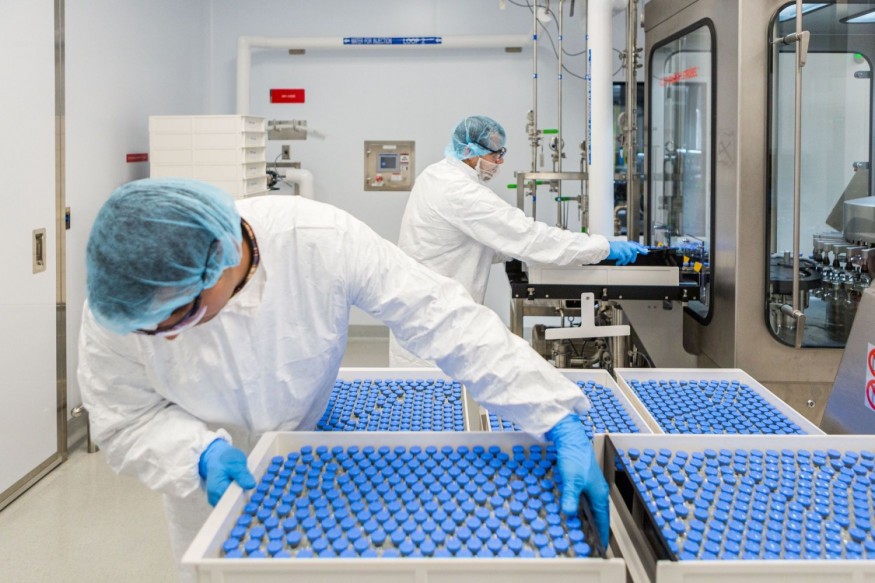
Gilead's drug candidate for COVID-19, remdesivir, last week, became the US Food and Drug Administration's first drug approved to treat coronavirus patients under emergency administration authorization.
People have been long waiting for this, and now that it's finally here, things like these don't come cheap. Experts are saying that even a $10 price tag would be too much for the antiviral drug.
The drug company, Gilead, is no stranger to being recognized as 'overpricing' their products. Public outrage had previously sparked in 2013 when the company introduced Sovaldi, a treatment that substantially cured hepatitis C.
However, this drug was priced at $1,000 per pill. People are now raising questions about whether patients could afford access to the newly-approved coronavirus drug.
A research group says that Gilead could charge anywhere from $10 to $4,500 for a treatment course dependent on the cost-effectiveness of the drug.
However, consumer experts say that a very high price would draw close inspection and lead to the public pointing fingers at Gilead for profiting off the virus that has killed over 74,000 Americans.
Specialists say that how much the drug costs on its own isn't too much of importance; however, it would most likely influence the pricing of all forthcoming coronavirus treatments.
As of the present, Daniel O'Day, Gilead's CEO, has been holding off from answering any questions about the anticipated cost of remdesivir.
Also Read : Remdesivir, a Direct-Acting Antiviral is Highly Potent in Inhibiting Coronavirus Replication, Study Says
Remdesivir 101
Remdesivir is one of the leading drugs in the race for finding a treatment for COVID-19. Along with other candidates such as hydroxychloroquine, chloroquine, and favipiravir, remdesivir seems to have won the pursuit after being named as the US FDA's first approved drug against coronavirus.
It belongs to a group of drugs called nucleoside analogues. It has been widely used for treating viruses, parasites, bacterial and fungal infections, cancers, and many more.
Such drugs come very close to the naturally occurring molecules known as nucleosides.
Nucleosides are the essential building blocks for the body's genetic makeup and play critical roles in the body's biological actions.
More specifically, remdesivir is a direct-acting antiviral, which means that when attacking the coronavirus, it blocks its RNA polymerase. Doing this essentially prevents the rest of the RNA from multiplying, causing the virus to stop spreading in the body's systems.
There's Money in the Drug Business
While avoiding putting out any comments on remdesivir's price, O'Day says that it doesn't mean the company won't continue to be focus and pressure on drug pricing. He further explains that they are discussing and considering matters in such a way where all can have an appreciation for the innovation that the industry brings.
Sources say that the company plans to donate the drug supply it has so far, which would be sufficient to treat about 140,000 patients. They say that they won't consider a price until more data and feedback on the use of the drug comes in.
According to Wall Street analysts, remdesivir could make $750 million or more in worldwide sales next year, and $1.1 billion in 2022, if the pandemic continues.
Also, according to a new report from the Institute for Economical and Clinical Review (ICER), the drug would probably cost up to $10 to complete one 10-day course of treatment.
Pharmaceutical industry specialists and former regulators caution that Gilead and other drug companies would need to avoid the appearance of taking advantage of a global health crisis to make more profit.
© 2025 ScienceTimes.com All rights reserved. Do not reproduce without permission. The window to the world of Science Times.












